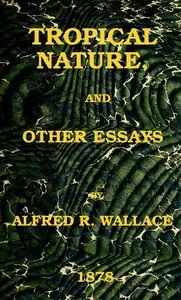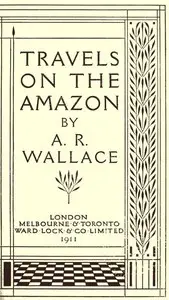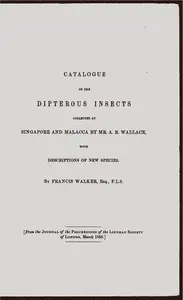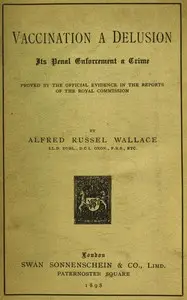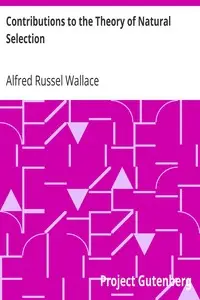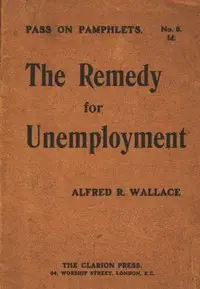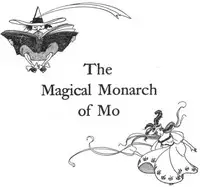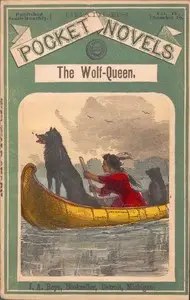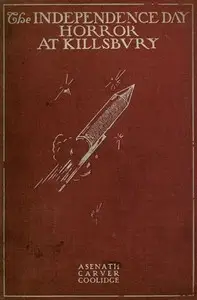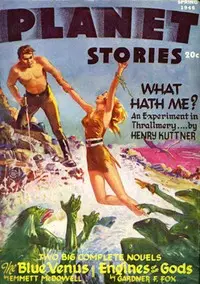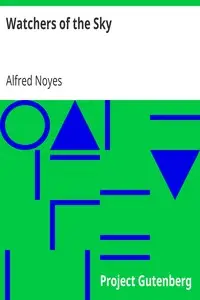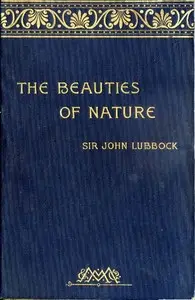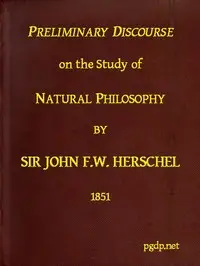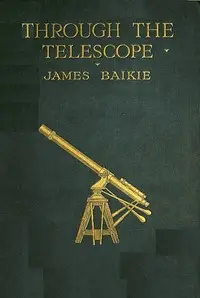"Is Mars Habitable?" by Alfred Russel Wallace is a critical examination of Professor Percival Lowell's theories on the habitability of Mars, written in the early 20th century. The work critically addresses the claims made in Lowell's book, "Mars and Its Canals," particularly the idea that Mars may support intelligent life due to its supposed irrigation canals. Wallace presents scientific evidence and arguments that refute the notion of Mars as a habitable planet, focusing on its harsh climatic conditions and lack of substantial water sources. At the start of the book, Wallace details his motivations for challenging Lowell's theories, emphasizing the necessity of addressing the claims made in Lowell's recent mathematical publication. He reviews historical observations of Mars to establish a foundation for the discourse. Wallace outlines early astronomers' findings, including Schiaparelli's detection of the "canals" and subsequent assertions that they might be tools of an intelligent civilization. The opening chapters establish the groundwork for a thorough critique of Lowell's conclusions about Martian climate, geography, and potential for life, setting the stage for a scientific exploration of the realities of Mars, in contrast to the romanticized theories suggesting its habitability. (This is an automatically generated summary.)

Is Mars habitable? A critical examination of Professor Percival Lowell's book "Mars and its canals," with an alternative explanation
By Alfred Russel Wallace
"Is Mars Habitable?" by Alfred Russel Wallace is a critical examination of Professor Percival Lowell's theories on the habitability of Mars, written i...
Genres
Released
2004-01-01
Formats
epub3 (images)
epub
mobi
epub (images)
mobi (images)
Free Download
Overview
About the Author
Alfred Russel Wallace was an English naturalist, explorer, geographer, anthropologist, biologist and illustrator. He independently conceived the theory of evolution through natural selection; his 1858 paper on the subject was published that year alongside extracts from Charles Darwin's earlier writings on the topic. It spurred Darwin to set aside the "big species book" he was drafting and quickly write an abstract of it, which was published in 1859 as On the Origin of Species.
Total Reviews
10.0k
Total reviews from Goodreads may change

